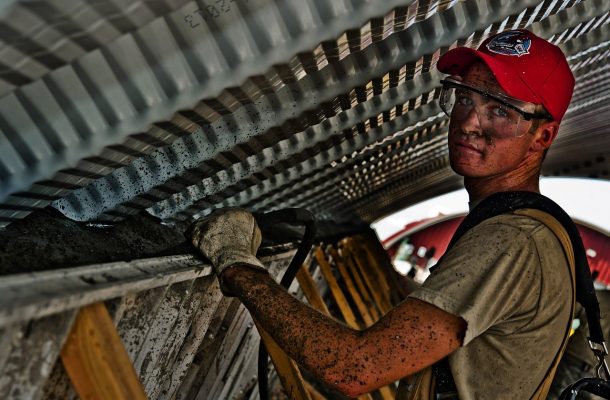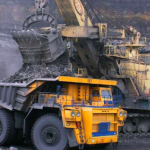Court urges employers to take care of young workers

With thousands of youngsters starting their careers this time of the year, a recent court case in Brisbane is a stark reminder of the responsibilities employers have with rookie employees.
Workplace Health and Safety Queensland’s Tony James said employers must be aware that young workers will often take risks if they are anxious to please their bosses – and they must be protected against this blind enthusiasm.
Recently in the Rockhampton Magistrates Court, a company pleaded guilty and was fined $80,000 for failing to meet its work health and safety obligations after a young pipeline labourer’s hand was amputated by a wheel trencher.
The magistrate said an employer’s duty of care involved preventing injury to all workers, no matter if they were fit or fatigued, careful or careless, experienced or inexperienced.
In this case, the young worker was engaged as a pipeline labourer and his duties included observing the wheel trencher for obstacles or blockages while it was in operation. He noticed a stick about to jam between two of the buckets in the bucket wheel, reached in with his hand and moved the stick out of the way.
When he tried to remove his hand, his shirt got tangled in the bucket wheel and a bearing roller and his hand was drawn into the moving parts. Despite multiple surgeries, his hand was eventually amputated.
In reaching a decision, the magistrate acknowledged the defendant did have a safety management system in place. However, it did not address the specific risk in this case and that a person conducting a business or undertaking needs to be aware young workers often just want to please employers and will take risks to do so.
“Whether it’s part time work to get through uni or embarking on their careers, young people need extra supervision, training and direction,” Mr James said.
“Around 50 young Queenslanders a day – mostly young men – suffer a compensable work injury, and one a day is permanently impaired.
“Young workers have a unique risk profile and it’s up to employers to consider this when managing them. A proper induction, plenty of support and much-needed training are vital.
“With the silly season starting, businesses may attempt to rush jobs before the shutdown, even giving the work to inexperienced youngsters – but the safety risks aren’t worth it.”
Work health and safety laws require employers to:
- identify the health and safety risks of particular work tasks and adopt procedures to eliminate or control them
- train workers in the procedures and provide them with any safety equipment they need
- ensure workers perform their tasks safely by providing training, supervision and support
- encourage workers to speak to supervisors about any health and safety concerns.








